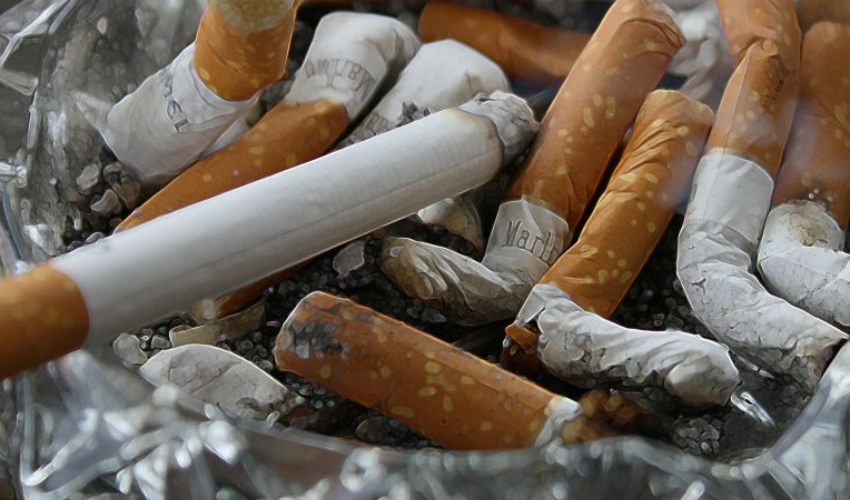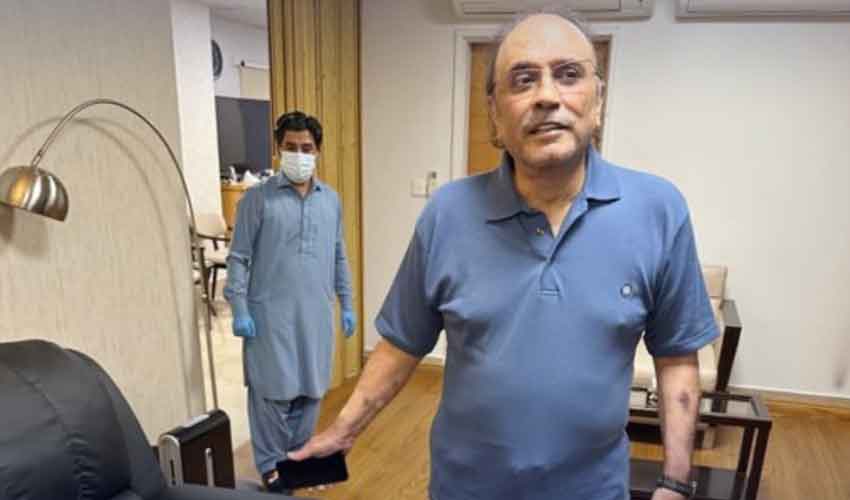The sale of counterfeit cigarettes across Pakistan has ignited a firestorm, revealing a staggering annual loss of Rs5.7 billion (approximately $34 million) to the national treasury.
Private tobacco giants, reeling from the devastating impact, are pressuring the government to implement a robust track and trace system to curb the black market's rampant growth.
During a recent media briefing, representatives of the Pakistan Tobacco Company (PTC) painted a grim picture of the industry's struggles.
They highlighted the lack of government action against illegal cigarette trading, demanding concrete measures to stem the tide.
"Cigarette fraud is rampant, with an estimated 850 million counterfeit cigarettes flooding major cities like Karachi, Lahore, and Islamabad every year," stated a PTC spokesperson.
"This translates to a colossal loss of over Rs5.7 billion annually for the national exchequer. We urge the Federal Board of Revenue (FBR) to prioritize monitoring through an effective track and trace system."
The briefing further exposed the brazenness of the counterfeiters, revealing the printing of fake seals on fake cigarettes of renowned brands.
This discovery underscored the urgency for stricter implementation of existing laws and regulations.
The PTC spokesperson expressed deep concern over the decline in legal cigarette production.
"In just five months, our production has plummeted by 40%, while the market share of illicit cigarettes continues to skyrocket," they lamented.
"Police and FBR authorities seem unable to enforce relevant laws, allowing this illegal trade to flourish."
Adding further fuel to the fire is the revelation that even with the existing track and trace system, counterfeiters have managed to bypass it.
The presence of fake stamps on illegal cigarettes raises serious questions about the system's effectiveness and highlights the need for immediate upgrades and stricter enforcement.



























